How do vaccines work?
First we need to understand how a vaccine works. Vaccination causes an immune response that improves your body’s ability to fight the virus when you come into contact with it.
Someone tweeted that getting a vaccine is like giving your immune system the instruction manual for the virus, so it can protect you from that virus. We have seen all over the world what is happening to unvaccinated people. Lots of them are getting really sick and dying.
The original goal of vaccination was to prevent severe illnesses and death. It is helpful if the vaccine also stops us catching the infection at all, but this is not as easy to achieve and in reality it is not as important as preventing deaths. If my vaccination stops me ending up in intensive care, stops me dying from COVID and stops me suffering the terrible long-term effects of ‘long COVID’ then that is a huge benefit.
Pfizer vaccine is 95% effective. This means that for every 100 people who are vaccinated, only five of them will catch COVID when they are exposed to someone with the infection.
Remember the vaccine doesn’t kill the virus – it prepares you immune system so that your immune system can fight the virus. The greatest variable with COVID vaccines is your own immune system. This will be affected by your age, health conditions and any medicine you are taking that might reduce the effect of the vaccine.
Health research shows that people who are vaccinated with the Pfizer vaccine, even if they get the virus, are far less likely to get really serious symptoms, less likely to die and less likely to pass on the virus to others. Remember the man from Sydney who came to NZ. When he got home he found out he had COVID delta variant infection. While in Wellington he was infectious, he went to lots of places where there were thousands of other people. Not one single person caught the infection from that man, because he was vaccinated.
As more people are vaccinated the risk from COVID will reduce. It is however, unlikely to ever reduce to zero. If you are concerned about COVID vaccine safety or side-effects you can read my March 2021 blog here.
Why do some people still get COVID even after they are vaccinated?
The Pfizer vaccine being used in New Zealand was 95% effective against ‘symptomatic illness’ in trials. This means that even if someone caught COVID after being vaccinated they often didn’t know they had it, as they got only mild symptoms or none at all. That is amazingly effective as far as vaccines go. Of the five people per hundred who did catch COVID after being vaccinated, none of them ended up in Intensive Care and none died. Unfortunately because it was so effective, some people imagined that this would be totally protective and it is not. It is a huge improvement but not a total barrier to catching COVID. Being vaccinated reduces your chance of catching the virus when you come in contact with an infected person, and reduces your chance of becoming really unwell. This is like a seat belt reducing your chance of dying in a car accident. A seat belt does not prevent you having the car accident.
The vaccine is better at protecting our lungs from the virus than protecting our noses from the virus. This is partly why we can still catch COVID once we are vaccinated. The virus can get into our body through our nose. Once the virus spreads to our lungs and other parts of our body, the immunity from the vaccine kicks in. Vaccinated people are shown to have less total virus produced if they do become infected. This is why they are less likely to pass on the infection and less likely to get really sick or die from COVID.
People are now worried that because of the new variants of COVID we will end up not being protected even if we are vaccinated. We do know that active immunity against the infection does reduce over time however; our body produces antibodies called T- memory cells and B-memory cells that are literally sitting there remembering what the virus is like. They are there to jump into action when needed and will prevent the more severe infections and death.
Secondly, experts tell us that the virus is unlikely to evolve so much that our immune system no longer recognises it at all. “Our immune responses are so complex it’s basically impossible for the virus to escape them all” says Sarah Cobey, an evolutionary biologist at the University of Chicago.
With the new variants (especially the new delta variant) some vaccinated people are getting the symptoms of COVID but not getting as sick. Vaccination reduces the number of people they pass COVID on to. Research shows that vaccinated people often do not need to go to hospital and are certainly nowhere near as sick as non-vaccinated people.
In the U.S. research shows that nearly half of the people who are vaccinated and still caught COVID are immunocompromised. This means their immune system is not working as it should, so would not be able to respond as much to the vaccine. As mentioned above our own immune system has the greatest impact on how well the vaccine works for us. Even if you are immunocompromised it is still better to get the vaccine and get some measure of protection than none. If you or anyone in your whanau have lowered immunity, then catching COVID would be a lot worse for that person than for someone with higher immunity. It is also because of people who have lowered immunity that it is important for all the rest of us to get vaccinated to give additional protection to everyone around us. The government is already talking about a third dose for people who have lowered immunity.
The Delta variant of COVID is contagious from before people get any symptoms and know they have it. This is one reason why it spreads so easily. Delta is also much easier to pass on. It is air borne so moves around as we breathe or cough. This is why it is so important to wear a mask. Wearing a mask (like having a vaccine) is not 100% effective but it is certainly adds an extra layer of protection for everyone.
Over time, COVID may become like the flu that requires an updated vaccine each year to protect against the latest mutations (changes) of the virus. We don’t know everything about the new variants yet. This is why health advice is changing as we learn more about this virus and its new variants.
Learning to live with COVID
As lots of people have said, we will learn to live with COVID just as we learned to live with influenza. Influenza (‘the flu’) kills 500 people in New Zealand every year. People who have been vaccinated may still catch the flu and have some symptoms, but they have a significantly reduced chance of having severe symptoms or dying from the flu. Experts are saying that it is likely the same will be true of COVID. We might still catch it, but we won’t get as sick and unlikely to die from it if we keep our vaccinations up to date.
Billions of doses of COVID vaccines have now been given around the world. It is clear from this huge number of people that receiving the vaccine reduces the chance of severe disease and death. Other helpful measures to protect you from COVID, the flu and other air-borne diseases include: regular handing washing, wearing a mask and keeping your distance from others.
In conclusion
Even if you catch COVID after being vaccinated, the vaccination reduces the amount of virus that is produced in your body. This reduces how sick you become, reduces your chance of dying from COVID and reduces your chances of passing it on. By having the vaccine you are also protecting the rest of your whanau. Vaccination protects your mokopuna, your aunties, your grandma and the old man who lives next door.
Written by Linda Caddick
This blog provides general information and discussion about medicine, health and related subjects. The information contained in the blog and in any linked materials, are not intended nor implied to be a substitute for professional medical advice.






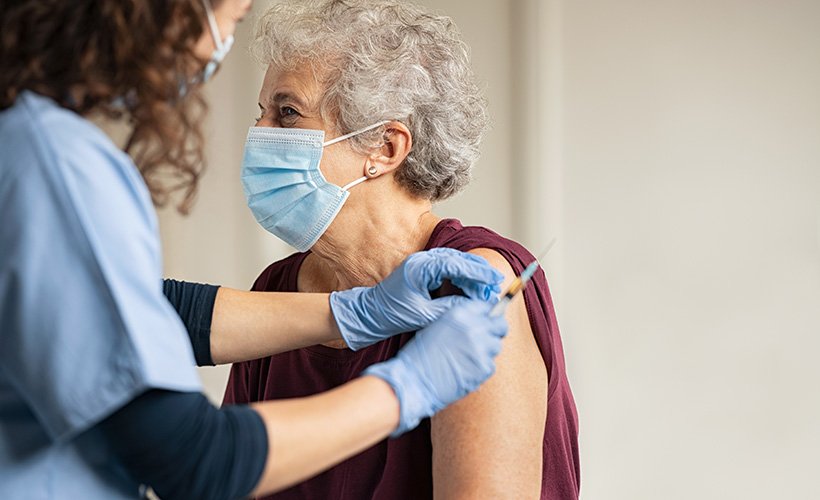
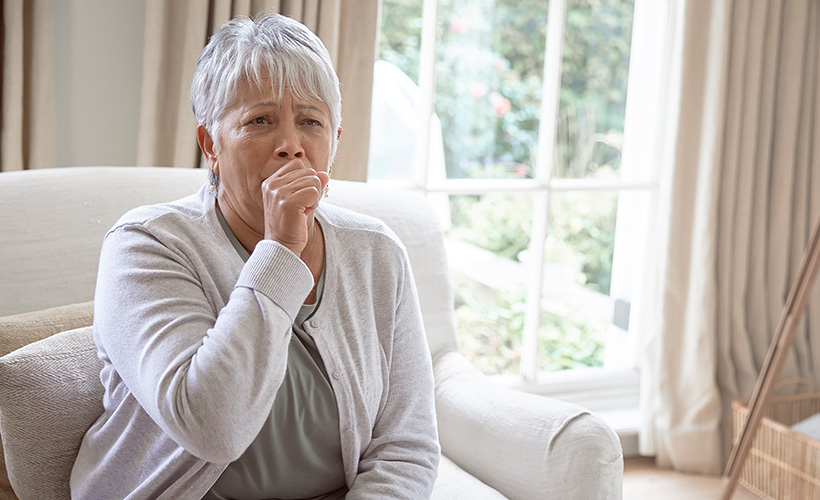
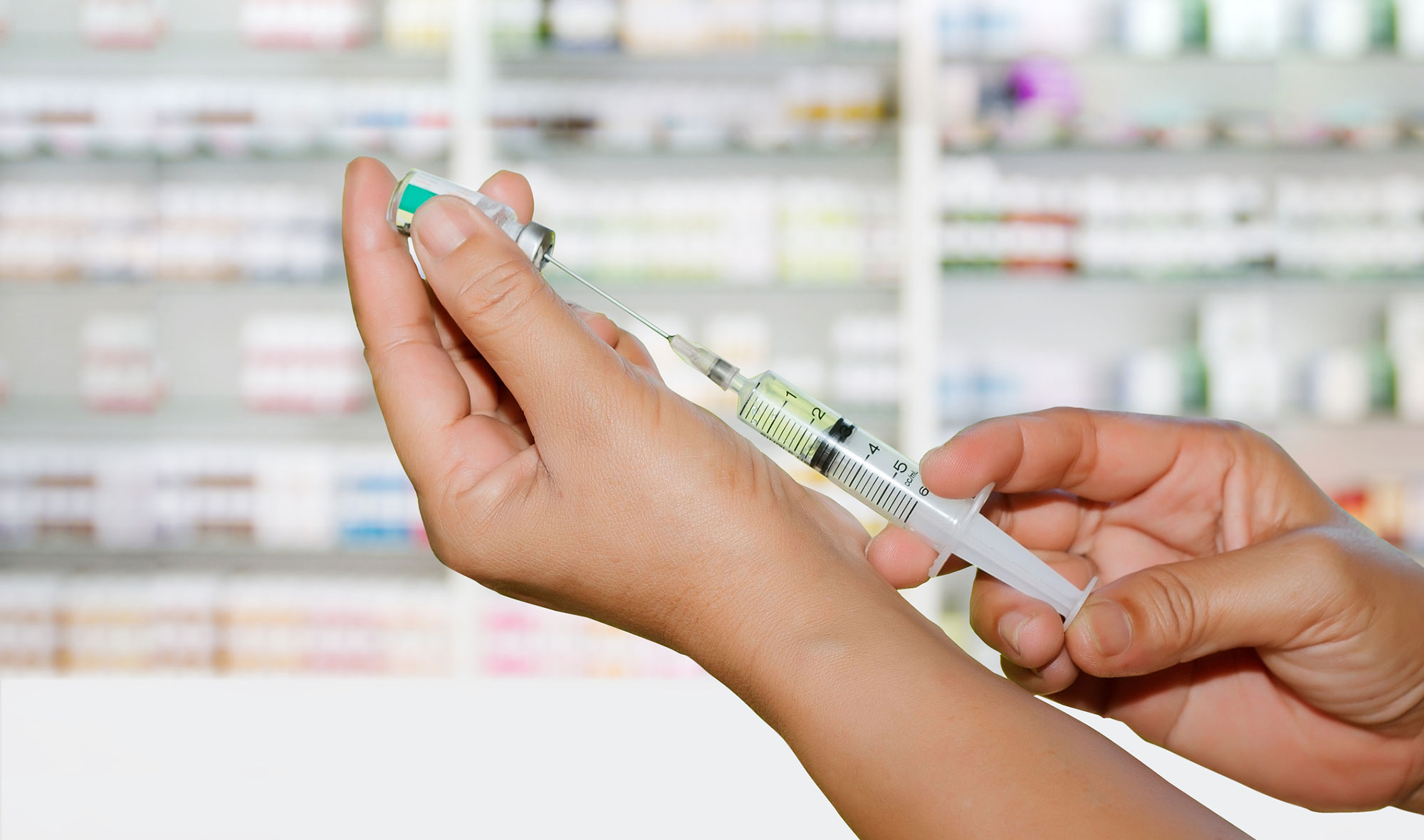
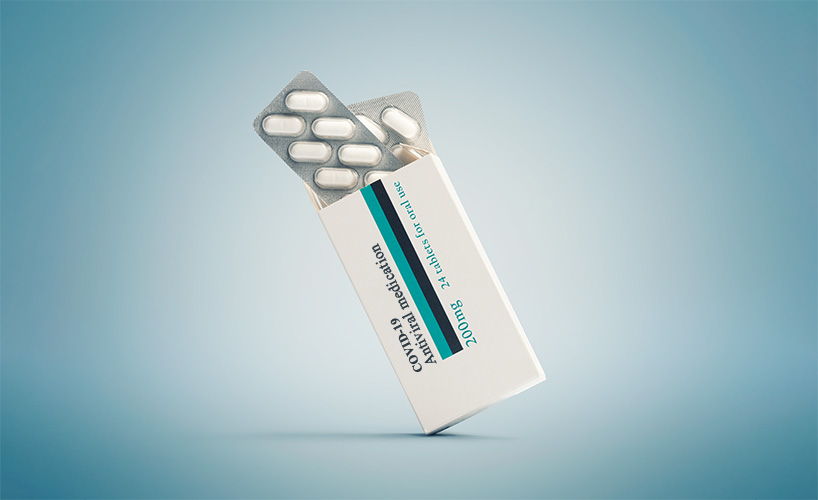
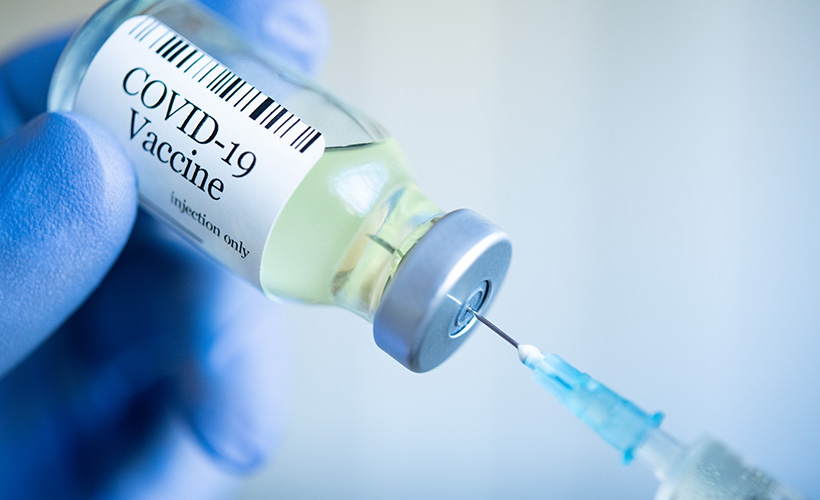


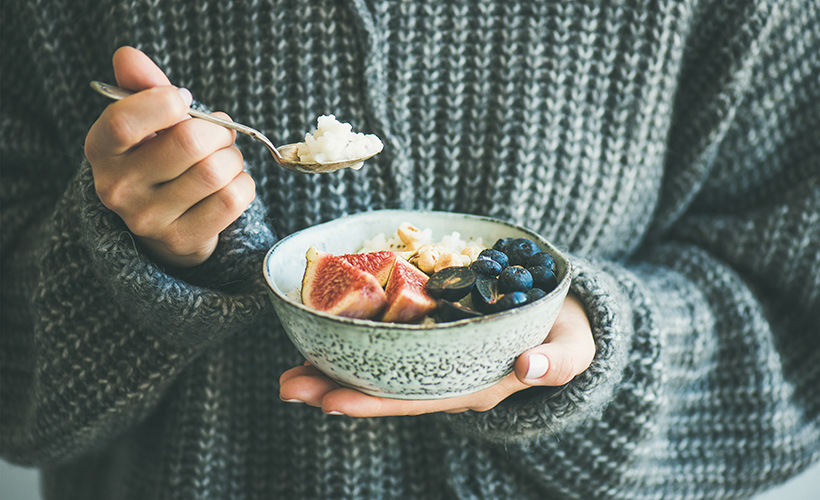
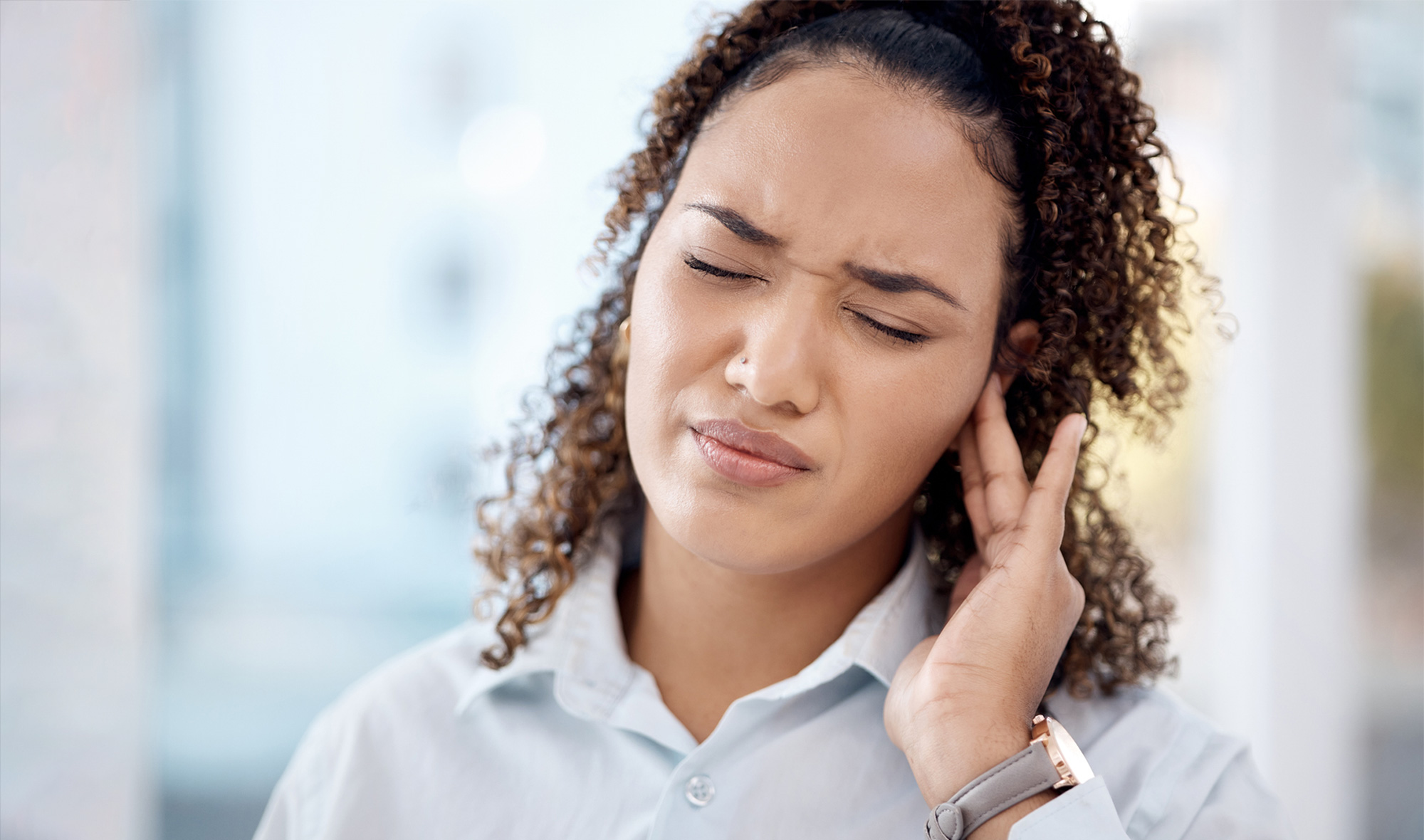
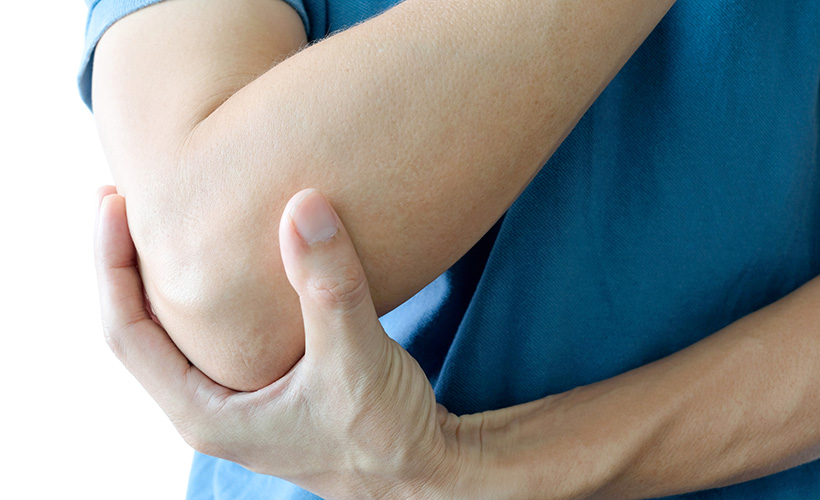
Community